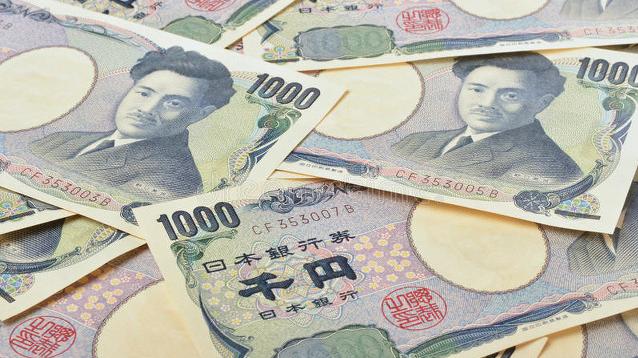
Against the backdrop of global economic recovery and inflationary pressures, an important agenda of the Japanese parliament has attracted widespread attention from global financial markets. According to multiple sources, the Japanese Diet will hold a special session on August 23, 2024, with the core agenda focusing on the Bank of Japan's interest rate hike. This decision not only reflects the Japanese government's careful consideration in dealing with inflation and economic recovery, but also indicates that Japan's monetary policy may usher in a new turning point, triggering widespread expectations and discussions in the market.
Since the collapse of the foam economy in the early 1990s, Japan's economy has been in the predicament of low growth and low inflation for a long time, which is nicknamed "the lost 20 years" by the outside world. However, in recent years, with the gradual recovery of the global economy and the implementation of a series of economic stimulus policies in Japan, the Japanese economy has begun to show signs of recovery. Especially since 2023, Japan's real GDP has maintained a relatively high year-on-year growth rate, economic activity has tended to normalize, supply side constraints have gradually weakened, and the negative output gap has basically disappeared. At the same time, Japan's inflation rate has continuously exceeded the target level of 2%, indicating that the pressure of rising prices is increasing. This change is not only a response to the Bank of Japan's long-term implementation of ultra loose monetary policy, but also a result of the transmission of inflationary pressures in the context of global economic recovery. In this context, how the Bank of Japan adjusts its monetary policy to balance economic growth and inflation control has become an important issue facing it.
In response to economic recovery and inflation challenges, the Bank of Japan made a major decision in March 2024, ending an 8-year era of negative interest rates and gradually increasing borrowing costs. This decision marks a significant shift in monetary policy by the Bank of Japan and has also sparked widespread attention and discussion in the market. Bank of Japan Governor Kazuo Ueda made it clear during the monetary policy meeting that the loose policy stance will continue for some time, but the operation of monetary instruments will depend on data flexibility. This statement not only reflects the cautious attitude of the central bank towards the economic situation, but also implies that future monetary policy may be adjusted in a timely manner based on changes in economic data。
However, the Bank of Japan's decision to raise interest rates on July 31st was unexpected by the market. The bank raised interest rates to the highest level in 15 years and stated that it is prepared to further increase borrowing costs as inflation continues to reach its target of 2%. This decision not only disrupted the financial market, but also triggered a significant drop in the Nikkei index, indicating market concerns about the central bank's rapid interest rate hike decision. In this context, the Japanese Diet has decided to hold a special meeting on August 23, which will discuss in-depth topics such as the decision-making basis for the central bank's interest rate hike, its impact on the economy, and the direction of future monetary policy. The market generally expects that the meeting will require the central bank to provide a detailed explanation of its interest rate hike decision and make specific recommendations on how to balance economic growth and inflation control.
The market generally holds a cautious and optimistic attitude towards the outcome of this special meeting. On the one hand, the market expects to learn more insider information about the central bank's interest rate hike decision and the clear direction of future monetary policy through the meeting; On the other hand, the market is also concerned that the central bank raising interest rates too quickly may have a negative impact on economic recovery.
Some analysts believe that given the fragility of Japan's economic recovery and the uncertainty of inflationary pressures, the central bank should maintain a cautious attitude towards raising interest rates. They suggest that the central bank continue to monitor changes in economic data and adjust monetary policy in a timely manner based on actual conditions to balance economic growth and inflation control. Meanwhile, some analysts have pointed out that the central bank's interest rate hike is an inevitable trend, but the key lies in how to grasp the pace and intensity of interest rate hikes. They suggest that the central bank maintain flexibility during the interest rate hike process, adjust policies in a timely manner based on market reactions and changes in economic data to stabilize market expectations.
In today's increasingly globalized world, economic connections between countries are becoming closer. As an important member of the global economy, Japan's monetary policy adjustment will have a profound impact on the global economy. We look forward to Japan achieving more results in addressing the challenges of inflation and economic recovery, and making greater contributions to the stability and development of the global economy.

Affected by the cooling of market risk aversion sentiment, the gold that had been surging throughout the week ended the day with a sharp decline.
Affected by the cooling of market risk aversion sentiment, …
Recently, according to Reuters, Asian stock markets rose co…
On October 20th, the Argentine central bank announced the c…
Ukrainian President Volodymyr Zelenskyy said in a speech on…
When the Trump administration repeatedly released signals t…
On October 22, 2025, the international financial market onc…